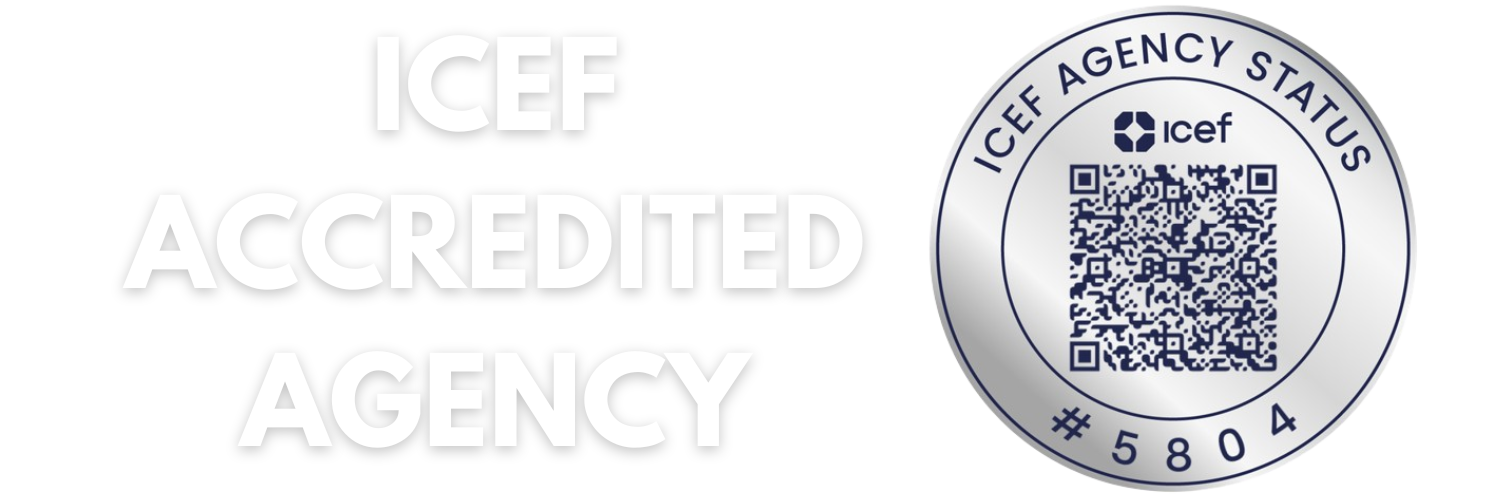The Importance of Early Childhood Education
Early childhood education (ECE) is a critical period in a child’s development, providing a strong foundation for lifelong learning and well-being. ECE encompasses the period from birth to eight years old, a time when the brain is developing rapidly. High-quality early childhood programs can significantly impact a child’s future academic and social success.
Research shows that children who participate in high-quality ECE programs are more likely to perform better in school, graduate from high school, and pursue higher education. These programs focus on developing essential skills such as literacy, numeracy, and social-emotional skills. They also provide children with a safe and nurturing environment where they can explore, play, and learn.
Moreover, ECE plays a crucial role in reducing educational disparities. Children from disadvantaged backgrounds often lack access to quality early learning experiences, putting them at a disadvantage compared to their peers. By providing equitable access to ECE, we can help bridge the gap and give every child a fair start.
Investing in early childhood education benefits society as a whole. It leads to a more educated workforce, reduces the need for remedial education, and lowers crime rates. For every dollar invested in ECE, there is a significant return on investment in terms of economic and social benefits.
Parents, educators, and policymakers must work together to ensure that all children have access to high-quality early childhood education. By doing so, we can create a brighter future for our children and our communities.
The Impact of Arts Education on Student Development
Arts education, encompassing visual arts, music, theater, and dance, plays a crucial role in the holistic development of students. It enhances creativity, critical thinking, and emotional expression, contributing to academic success and personal growth.
One of the key benefits of arts education is the enhancement of creativity. Engaging in artistic activities encourages students to think outside the box, explore new ideas, and experiment with different forms of expression. This creative mindset is valuable not only in the arts but also in problem-solving and innovation across various fields.
Arts education also develops critical thinking and analytical skills. When creating or interpreting art, students learn to observe, analyze, and make informed judgments. They develop an appreciation for different perspectives and the ability to think deeply about complex issues. These skills are transferable to other academic subjects and real-world situations.
Emotional expression is another important aspect of arts education. Artistic activities provide a safe and constructive outlet for students to express their emotions, thoughts, and experiences. This can enhance self-awareness, empathy, and emotional regulation. Participation in the arts has been linked to improved mental health, as it helps reduce stress and anxiety and promotes a sense of well-being.
Moreover, arts education contributes to academic success. Studies have shown that students who participate in arts programs tend to have higher grades, better attendance, and improved graduation rates. The skills developed through arts education, such as discipline, perseverance, and collaboration, are essential for academic achievement and lifelong learning.
Arts education also fosters cultural awareness and appreciation. Students are exposed to diverse artistic traditions and cultural histories, promoting respect and understanding for different cultures. This multicultural perspective is essential in our increasingly globalized world.
Despite its many benefits, arts education often faces challenges such as budget cuts, limited resources, and undervaluation in the education system. To address these issues, schools and communities must advocate for and invest in arts programs. Partnerships with local arts organizations, integration of arts into other subjects, and support for arts educators can help ensure that all students have access to quality arts education.
By recognizing the importance of the arts in education and providing opportunities for students to engage in artistic activities, we can support their holistic development and prepare them for a successful and fulfilling future.



